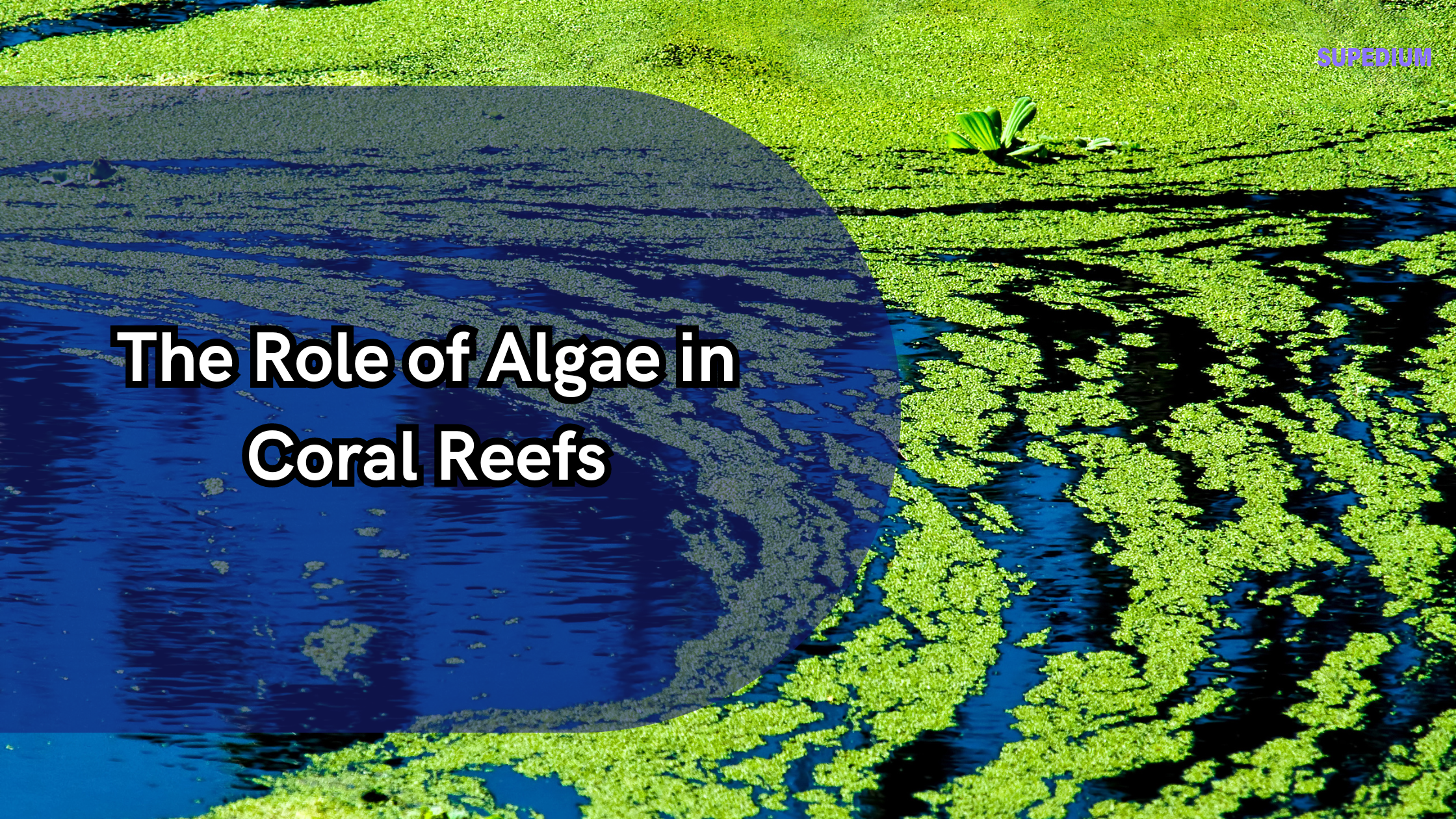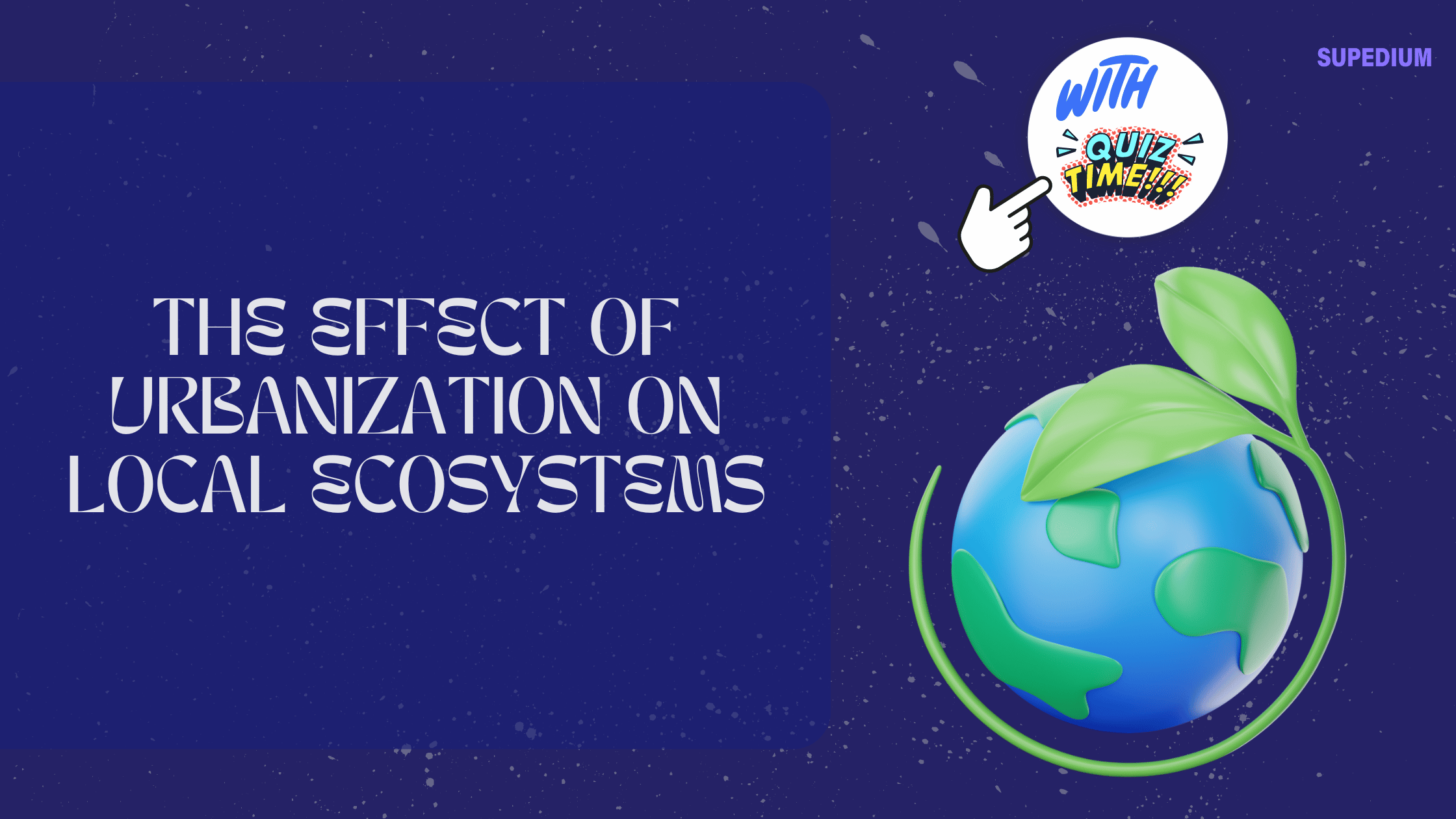Table of Contents
![]()
Coral reefs are often described as the rainforests of the sea, teeming with diverse marine life and providing crucial ecological functions. At the heart of these vibrant ecosystems lies a lesser-known but vital component: algae. Algae play a multifaceted role in coral reef systems, influencing everything from nutrient cycling to reef structure. This article delves into the intricate relationships between algae and coral reefs, exploring their symbiotic interactions, ecological roles, and the impacts of human activities on these delicate systems.
Types of Algae in Coral Reefs
Macroalgae and microalgae are the two primary categories of algae found in coral reef ecosystems. Macroalgae, commonly known as seaweeds, include species like kelp, Sargassum, and Caulerpa. These larger algae are typically visible to the naked eye and can form extensive underwater forests. They provide essential habitat and food sources for various marine organisms, contributing significantly to the structural complexity of reefs.
Microalgae, on the other hand, include phytoplankton and symbiotic algae such as zooxanthellae. Phytoplankton are microscopic algae that drift in the water column and contribute to primary production, forming the base of the marine food web. Zooxanthellae are a type of microalgae that live within the tissues of coral polyps, engaging in a mutually beneficial relationship with their hosts.
Symbiosis Between Algae and Corals
The relationship between corals and zooxanthellae is a cornerstone of coral reef ecology. Zooxanthellae are photosynthetic algae that reside within the coral’s tissues. Through photosynthesis, these algae produce oxygen and organic compounds that are essential for coral growth and energy. In return, corals provide zooxanthellae with carbon dioxide and other nutrients derived from their own metabolic processes.
This symbiotic relationship is crucial for coral health. The vibrant colors of corals are due to the pigments in the zooxanthellae, and the energy provided by these algae supports the rapid growth of coral skeletons, which form the structural foundation of reefs. Without this symbiosis, corals would not be able to thrive in the nutrient-poor waters where they are typically found.
Ecological Roles of Algae in Coral Reefs
Primary Production: Algae contribute significantly to the primary production of coral reefs. Both macroalgae and phytoplankton perform photosynthesis, converting sunlight into organic matter that fuels the reef’s food web. This primary production supports a wide array of marine life, from small invertebrates to large fish species.
Habitat Formation: Macroalgae play a key role in shaping the physical environment of coral reefs. They provide critical shelter and breeding grounds for various marine species, including fish, crustaceans, and mollusks. Their presence helps to create a more complex and diverse habitat, which enhances overall reef biodiversity.
Competition and Balance: While algae contribute to reef ecosystems, an imbalance in their growth can pose challenges. Algal overgrowth, often driven by excess nutrients from pollution, can outcompete corals for space and light. This competition can lead to a decline in coral cover and overall reef health. The balance between algae and corals is crucial for maintaining a healthy reef ecosystem.
Human Impact on Algae-Coral Relationships
Pollution and Nutrient Loading: Human activities such as agriculture and industrial processes introduce excess nutrients into marine environments. These nutrients can fuel harmful algal blooms, leading to excessive algal growth that can smother corals and disrupt reef dynamics. High nutrient levels often result in decreased water quality and increased susceptibility of corals to diseases.
Climate Change: Climate change poses significant threats to coral reefs. Rising ocean temperatures can cause coral bleaching, a stress response that leads to the loss of zooxanthellae and the subsequent decline in coral health. Warmer waters also affect algal growth patterns, potentially exacerbating issues of algal overgrowth and competition with corals.
Conservation and Management Strategies: Addressing the impacts of human activities on coral reefs requires comprehensive conservation and management strategies. Measures include reducing nutrient runoff through better agricultural practices, enforcing pollution control, and implementing marine protected areas. Restoration efforts often focus on enhancing coral resilience and managing algal populations to maintain ecological balance.
Case Studies
Successful Symbiotic Relationships: Some coral reefs exemplify the benefits of healthy algae-coral interactions. For instance, reefs in the Great Barrier Reef have demonstrated robust coral growth and biodiversity, supported by well-balanced symbiotic relationships with zooxanthellae. These reefs serve as models for understanding and maintaining healthy reef ecosystems.
Impact of Algal Overgrowth: Conversely, reefs in areas such as the Caribbean have experienced significant declines in coral cover due to algal overgrowth. Events such as nutrient pollution and overfishing have led to shifts in reef composition, with macroalgae replacing corals and altering the reef’s ecological functions.
Future Directions and Research
Advances in Understanding Coral-Algae Interactions: Ongoing research continues to reveal new insights into the complex interactions between corals and algae. Advances in technology, such as genetic sequencing and remote sensing, are enhancing our understanding of these relationships and informing more effective management practices.
Emerging Threats and Challenges: As environmental changes accelerate, new threats to coral reefs are emerging. Researchers are focusing on understanding how climate change and ocean acidification will impact coral-algae interactions and exploring innovative approaches to mitigate these effects.
Conclusion
Algae play a critical role in the health and functioning of coral reefs, contributing to primary production, habitat formation, and ecological balance. However, the delicate interactions between algae and corals can be disrupted by human activities and environmental changes. Understanding these relationships and addressing the challenges they face is essential for the conservation and restoration of coral reef ecosystems. Ongoing research and effective management strategies are key to ensuring that these vital marine habitats continue to thrive for future generations.
Share This





Be the first to comment